Israeli spyware Pegasus used to hack UK PM Johnson’s office, report reveals
A Canadian tech organization has found that Israel’s Pegasus spyware was used against a device connected to the network of the British government, in a stunning revelation that the notorious malware has been employed against Tel Aviv's allies.
The Citizen Lab at the University of Toronto, which focuses on high-tech human rights abuses, said on Monday that the spyware developed by the Israeli firm NSO Group had infected computers used by staffers in the UK prime minister's office at 10 Downing Street in London.
Based on the servers to which the information was transmitted, the researchers blamed the UAE for the hack.
"The suspected infection at the UK Prime Minister's Office was associated with a Pegasus operator we link to the UAE," Citizen Lab director Ronald Deibert was quoted as saying.
The device was reportedly infected on July 7, 2020, almost a year into Boris Johnson's tenure as prime minister.
Officials from Britain's National Cyber Security Center investigated several phones at 10 Downing Street, including Johnson's, but were unable to locate the infected device.
“When we found the No. 10 case, my jaw dropped,” John Scott-Railton, a senior researcher at Citizen Lab, told the New Yorker.
He said the UK had been “underestimating the threat from Pegasus” and had been left “spectacularly burned”.
Bill Marczak, another senior researcher, said they suspect it included "the exfiltration of data.”
The Citizen Lab discovered that the foreign office was also targeted with infections using Pegasus on at least five occasions between July 2020 and July 2021.
"The suspected infections relating to the FCO were associated with Pegasus operators that we link to the UAE, India, Cyprus, and Jordan," Deibert said.
Smartphones infected with Pegasus can be turned into a listening device. In addition, the spyware allows the user to read the target's messages, look through their photos, track their location and even turn on their camera without them knowing.
Last December, Apple Inc. notified at least 11 US diplomats that their iPhones had been hacked by unknown assailants using Pegasus.
The revelation came a month after the US Department of Commerce blacklisted the Israeli surveillance company, which has so far exported Pegasus to 45 countries around the world.
The UK government's infection is just one of the hacks that Citizen Lab has detected as of late.
On Monday, Citizen Lab also said that networks operated by groups in Spain that were advocating independence in the Catalonia region were also targeted with Pegasus.
According to the researchers, some 65 individuals were targeted or infected with the spyware or Candiru, a similar phone hacking software developed by another secretive Israel-based company, including Catalan president, Pere Aragones.
"The hacking covers a spectrum of civil society in Catalonia, from academics and activists to non-governmental organizations," Citizen Lab reported.
"Catalonia's government and elected officials were also extensively targeted, from the highest levels of Catalan government to Members of the European Parliament, legislators, and their staff and family members."
Citizen Lab did not attribute the hacking to a specific group, but its researchers said that circumstantial evidence suggests "a strong nexus with the government of Spain, including the nature of the victims and targets, the timing, and the fact that Spain is reported to be a government client of NSO Group.”
Angered by the hacking, Aragones said in an interview published by The New Yorker on Monday that they were not criminals.
“What we want from the Spanish authorities is transparency,” he asserted.
In an article published in The New Yorker on Monday, Ronan Farrow described the hacking as “the largest forensically documented cluster of such attacks and infections on record”.
“That kind of surveillance in democratic countries and democratic states—I mean, it’s unbelievable,” Jordi Solé, a pro-independence member of the European Parliament, was cited as saying in the article titled “How Democracies Spy on Their Citizens”.
In 2017, Catalonia's regional government announced that 90 percent of those who participated in an independence referendum banned by Spain’s central government choose to be separated from the country.
In order to halt the vote, Madrid increased pressure on Catalan officials and deployed thousands of police reinforcements from across the country to Catalonia.
Since then, Catalonia has been a mainstay issue within Spanish politics.
Catalonia, one of Spain’s 17 autonomous regions, held a symbolic referendum in November 2014, during which more than 80 percent of participants voted for independence, according to Catalan officials.
Catalonia's bid to break away from Spain provoked one of the worst political crises there since the end of Francisco Franco's military dictatorship in 1975.

Iran transforms Qeshm Island into Persian Gulf bunkering hub
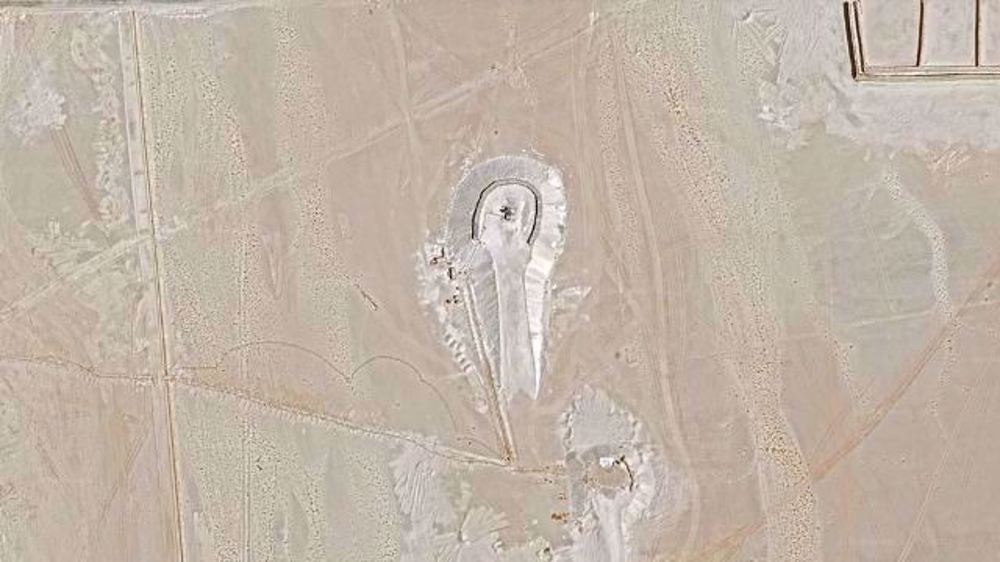
UAE deploys radar in Somalia to monitor Yemen’s anti-Israel strikes

Sudan takes UAE to World Court over 'genocide' in Darfur
VIDEO | Press TV's news headlines
VIDEO | India-Pakistan tensions escalate after deadly Kashmir tourist attack
Iran FM, IAEA chief discuss latest state of cooperation
US airstrike on Yemeni capital kills 8 people
VIDEO | Iran multilayered diplomacy
VIDEO | Press TV's news headlines
Iran more than halved its power grid losses to 10% in 16 years: Expert
Abbas names likely successor in move deemed ‘illegitimate, divisive’


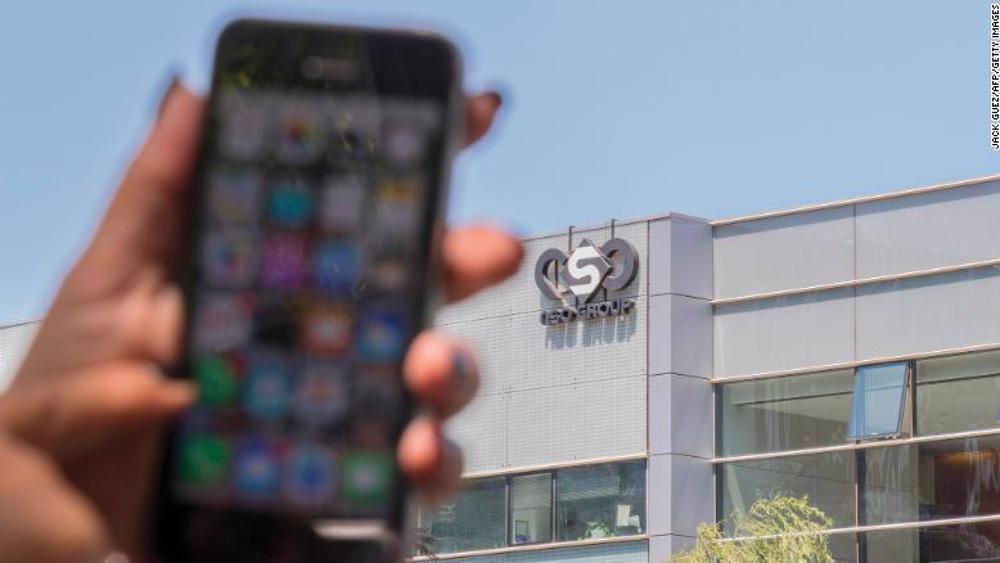
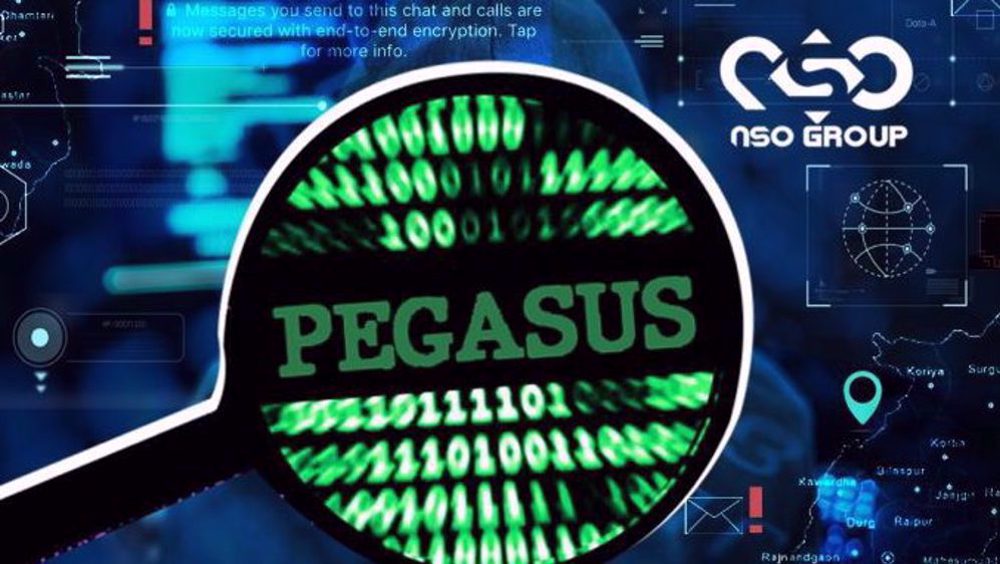



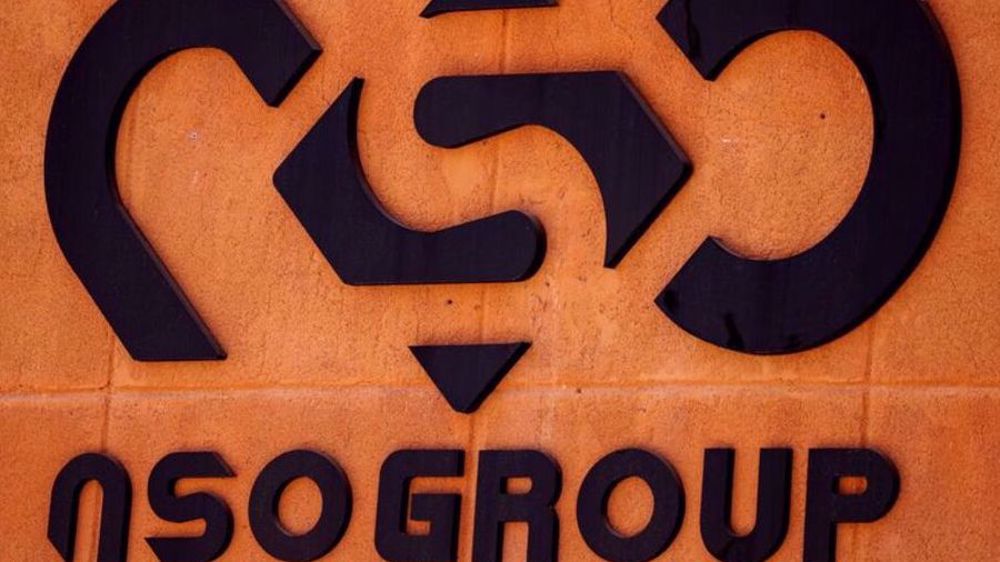

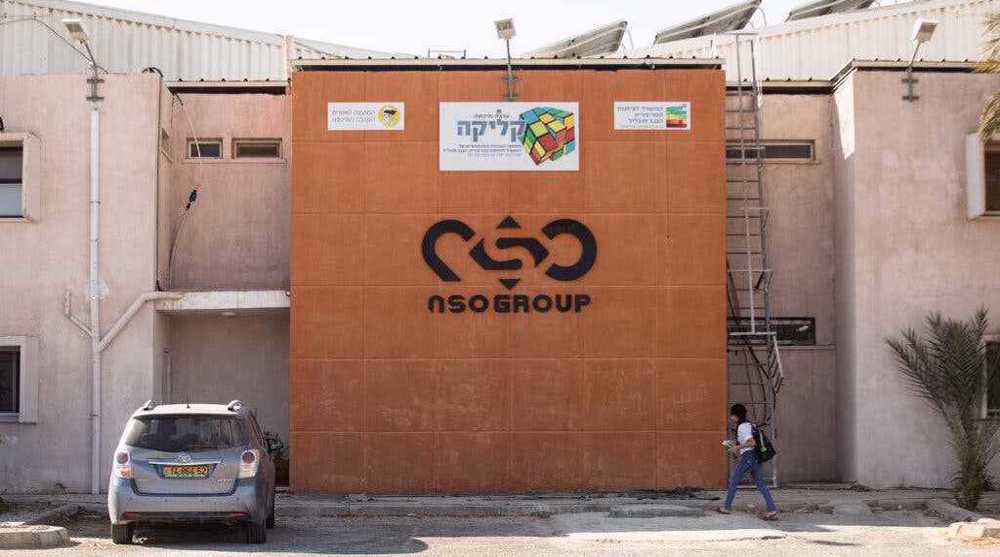
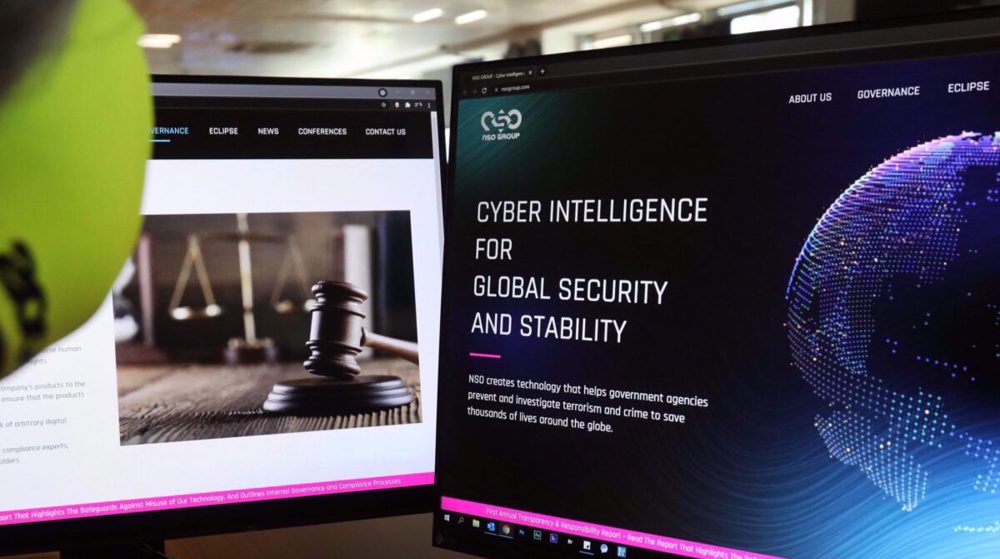

 This makes it easy to access the Press TV website
This makes it easy to access the Press TV website